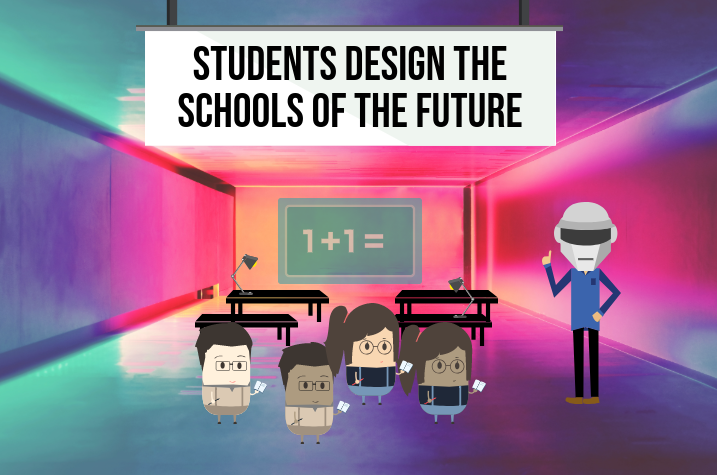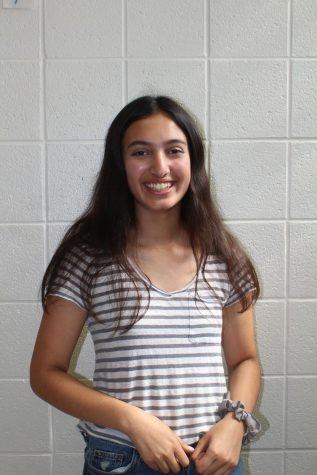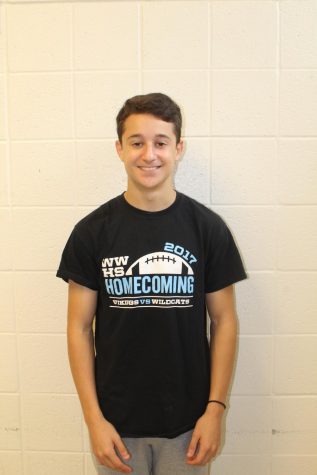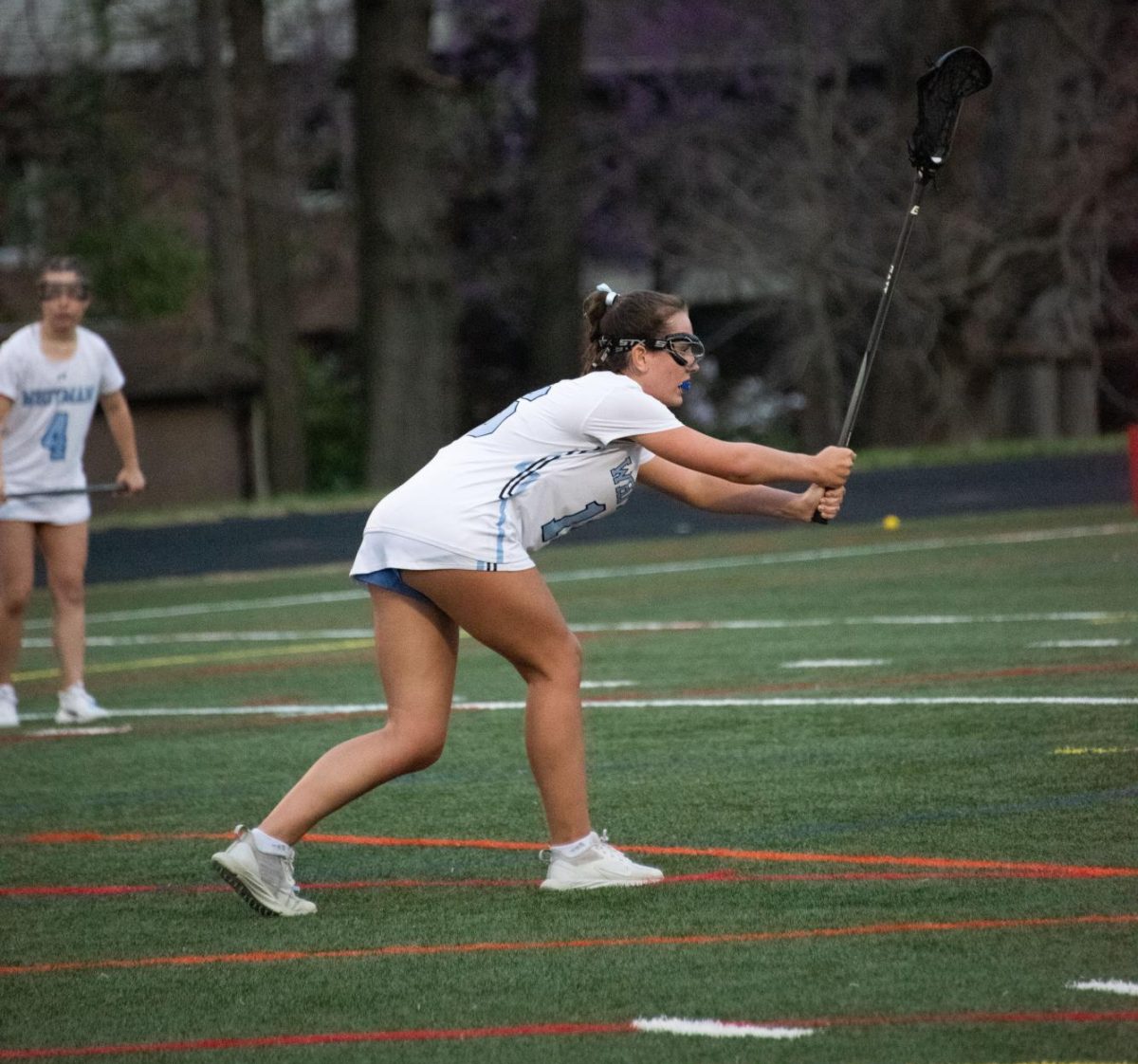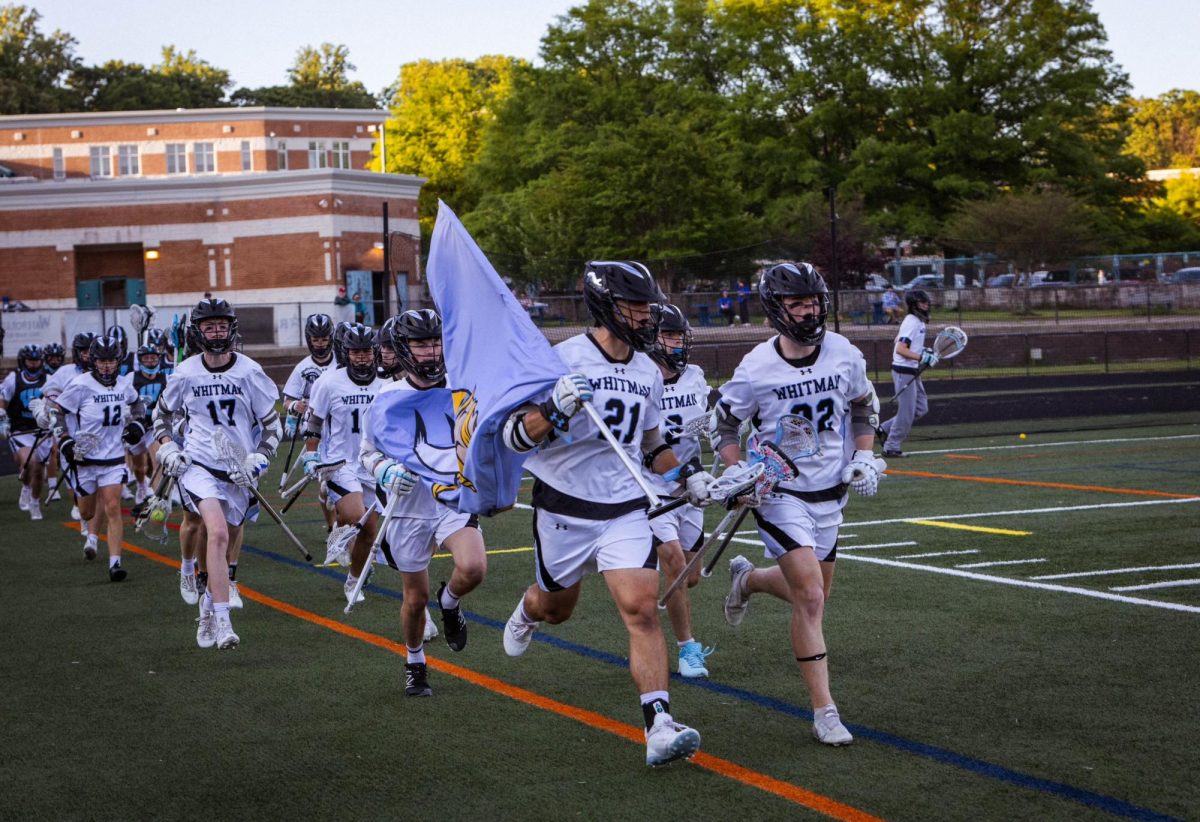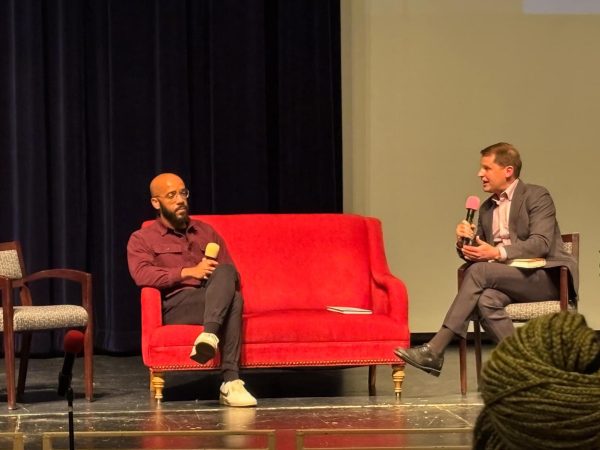MCPS opens design survey, students envision schools of the future
April 5, 2019
MCPS launched a school design competition for students Jan. 23 to get their input on what the future of schools should look like—from the seating arrangements to the architectural design—with online submissions. Entries were due Mar. 15 and a panel comprised of MCPS representatives are now judging the original products.
Before announcing the competition, MCPS conducted a countywide online survey to gain feedback from students, staff and parents on how they visualize learning environments at their schools.
The survey included questions regarding color, lighting, furniture, technology and security. MCPS construction division director Seth Adams is planning to use the results of the survey as a base for future school designs.
“We really are just looking at a facility as a whole and how it functions, and want to create spaces that are flexible,” Adams said.
Schools are also taking strides to address basic improvements that can be made in the classroom with better seating and more advanced learning structures that include from different lighting, more power outlets, and touchscreens.
“We are trying to create spaces that promote creativity, collaboration and communication,” Adams said. “We are looking to make classrooms more geared towards 21st century learners versus the industrial school that we are used to.”
Junior Alex Wechsler feels that there are simple solutions to making classrooms a more flexible space.
“We should make all the desks have wheels with locks on them,” Wechsler said. “If the teacher or students want to change the desk formation, it’s much easier as no one needs to lift desks to move them. Each classroom could also have a ‘quiet space’ so someone with extended time or ADD can be focused with less opportunities to be distracted.”
The students with the winning designs will have their pitches taken into account for future school designs, but a tangible award has not yet been decided on.
“Your voices matter and people that are impacted the most our own students,” BOE president Shebra Evans said. “We just really want to make certain that we are engaging all our stakeholders.”



